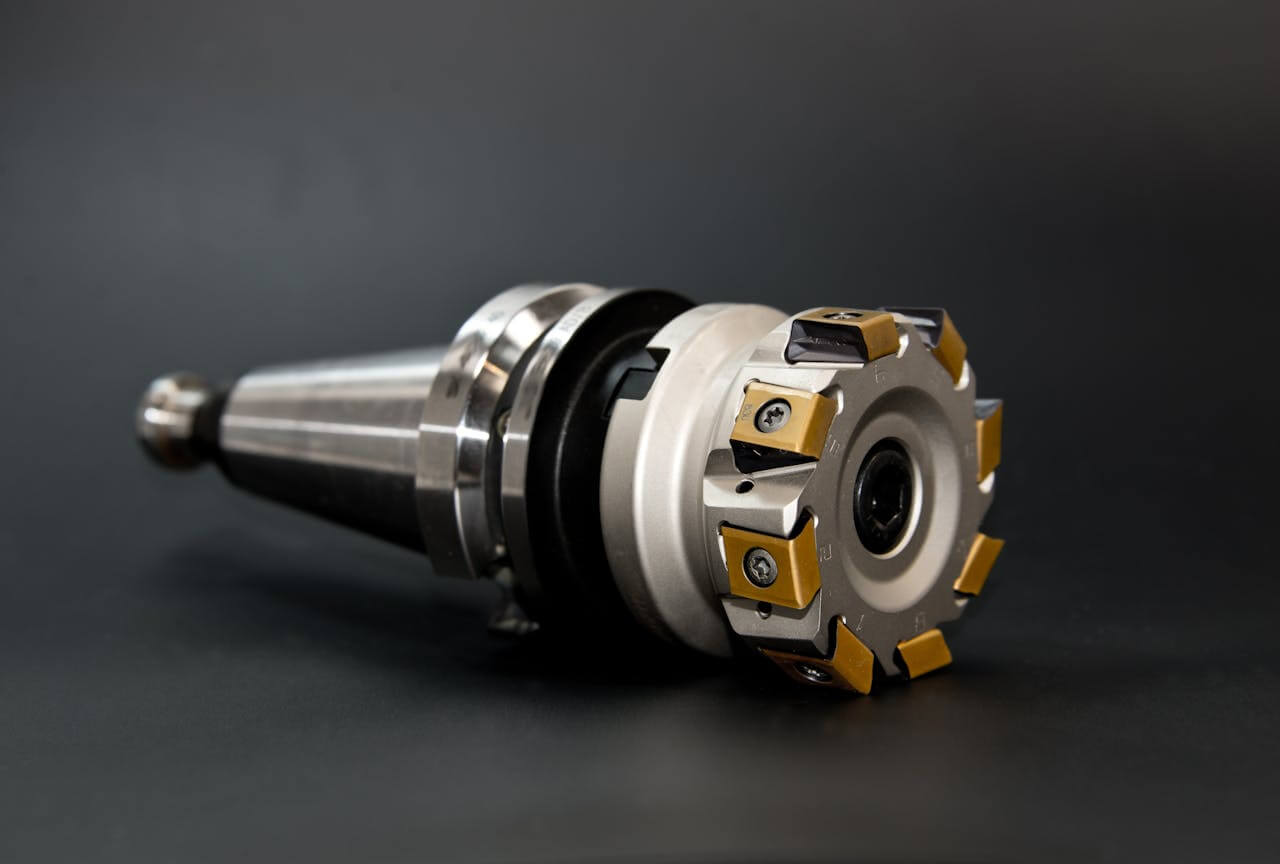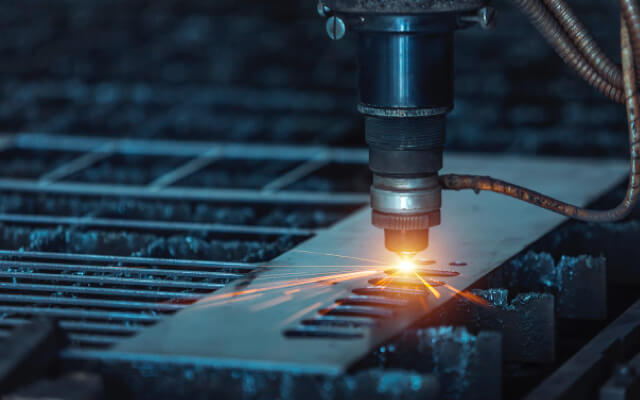In manufacturing, precision is paramount. Whether you’re creating parts for aerospace or consumer electronics, CNC milling precision is crucial to meeting design requirements. Computer numerical control (CNC) services excel at this, streamlining processes that conventional methods cannot match and delivering consistent quality from prototype to production.
Precision & Accuracy
These automated systems follow pre-programmed instructions with remarkable consistency, eliminating human error and delivering parts that meet the tightest specifications—whether for prototypes or production runs. Advanced toolpath software further refines accuracy, ensuring every cut adheres to design tolerances.
CNC Milling for Complex Part Manufacturing
Traditional equipment often struggles with intricate geometries. In contrast, modern machines can effortlessly craft detailed shapes, cavities, and contours by moving on multiple axes. This multi-axis capability transforms design possibilities for aerospace, automotive, and medical applications where complex parts are standard.
Consistency & Reproducibility
When you need uniform batches, CNC milling shines. Each component is replicated with the same level of precision, minimizing variations and ensuring quality across every part. Repeatability tests often show variance below 0.005 mm, making CNC milling the benchmark for reliable throughput.
Efficiency & Speed Advantages
Once programmed, these systems run continuously—no breaks, no slowdown. This 24/7 capability boosts throughput, shortens delivery times, and cuts back on costly errors. Quick tool changes and optimized cutting paths further reduce cycle times for high-volume production.
Cost Benefits of CNC Milling vs. Conventional Machining
While the initial investment in CNC milling equipment can be higher, long-term gains include lower labor costs, reduced material waste, and minimal rework. For both short runs and large volumes, these savings quickly offset setup expenses—often within the first few production batches.
Flexibility & Versatility
These platforms handle metals, plastics, and composites alike—and can be reconfigured rapidly for new designs, offering unmatched agility in changing markets. Add-on capabilities like live tool milling and deep-hole drilling expand the range of parts you can produce.
Expanding Applications
From precision molds and dies to critical aerospace components and medical implants, CNC milling adapts to diverse industry needs. Its ability to machine hard-to-cut materials like titanium and Inconel makes it essential for advanced engineering projects.
Conclusion
From precision and complex-geometry capability to consistent output, speed, and cost efficiency, advanced CNC milling services deliver clear advantages over traditional methods. Ready to improve your production? Contact us today.






